Long term behavior observation
"Standard" tests such as the open field or elevated plus maze
provide a snapshot of animal behavior. Observing during pre-determined time points can
drastically
change the outcome of a study.
Therefore, it is
important to consider whether these tests are ethologically viable for the model you are
researching. Gaining a more complete and relevant behavioral readout can be achieved with home
cage testing.
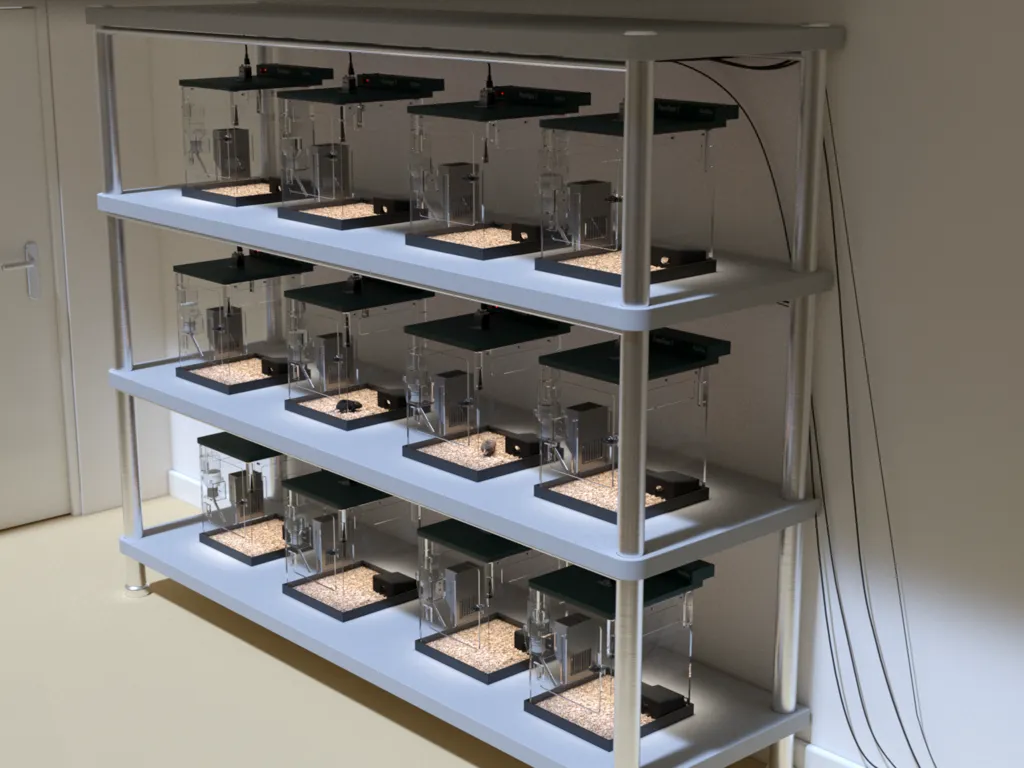
What is long term behavioral observation?
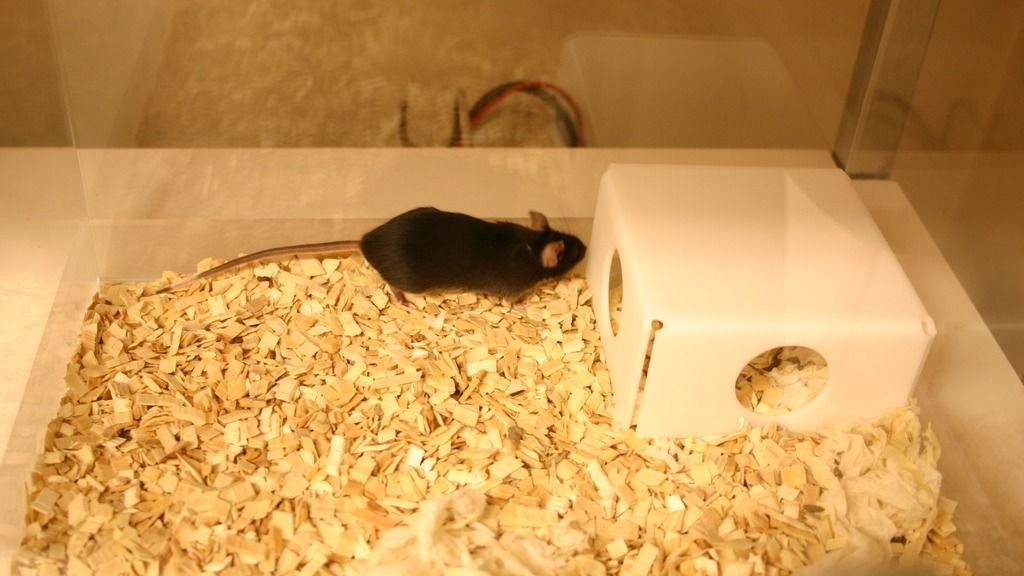
Long-term behavioral observation involves continuously monitoring rodents in a specialized homecage environment over extended periods. This approach allows researchers to capture natural behaviors that might be missed in short-term or maze-based studies.
- Mimics natural living conditions, providing a stable setting for prolonged observation
- Enables study of feeding patterns, drinking habits, and day/night activity cycles
- Uncovers subtle behavioral patterns and responses to environmental or experimental changes
Why should I measure behavior long term?
Performing research in the homecage comes with a variety of advantages:
- Reduce stress and capture natural behaviors: Conducting tests in the homecage minimizes stress by keeping animals in a familiar environment with less handling, leading to more authentic behavioral observations.
- Reveals comprehensive behavioral patterns: Extended observation allows researchers to uncover the full spectrum of an animal’s behavior, providing a more complete and accurate understanding.
- Enhances Translational Value: For certain models, long-term observation in the homecage increases the relevance of the research, offering insights that are more applicable to real-world conditions.
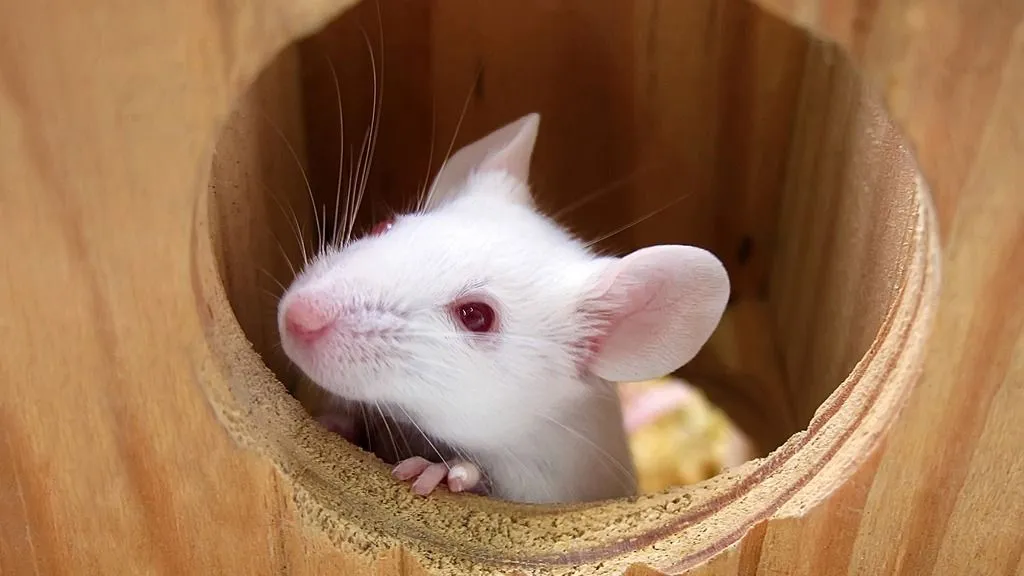
How do you measure behavior over a longer time
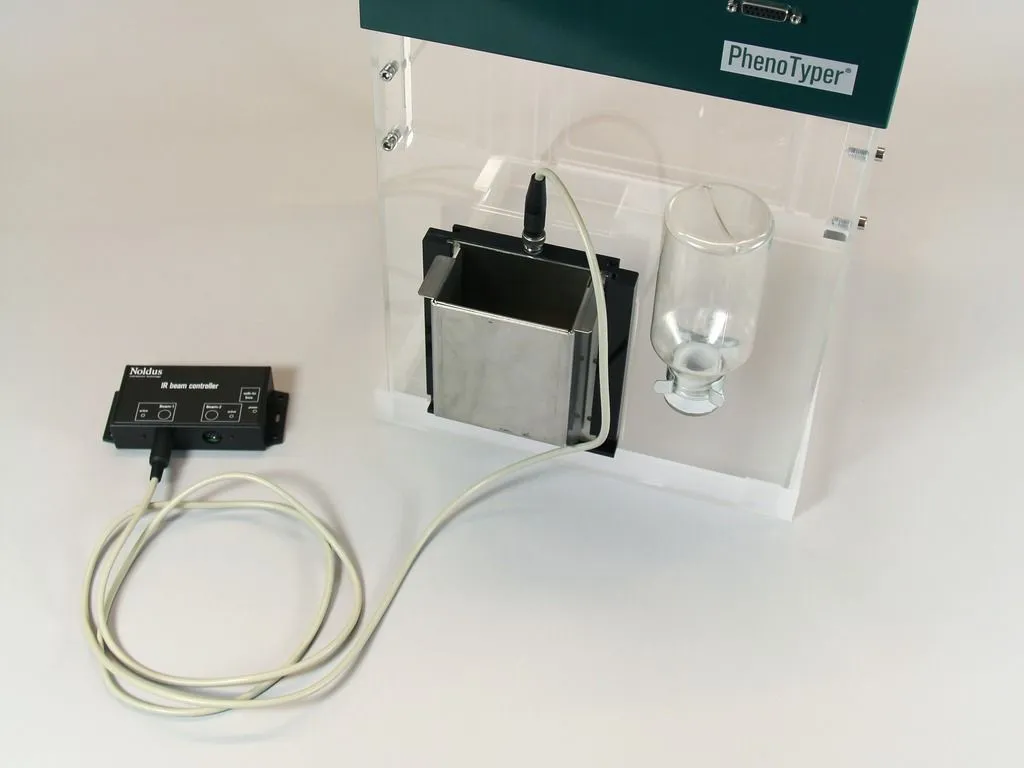
Feed and water consumption
Researchers struggle with accurately monitoring feed and
water consumption due to the time-intensive nature of manual observations. This process
can also cause stress to the animals, leading to feeding abnormalities that skew
results.
The PhenoTyper, equipped with the Lick 'o Meter and Mouse Feeding Monitor,
automates the tracking of feeding and drinking behaviors. This system reduces manual workload,
minimizes stress-induced anomalies, and ensures accurate, reliable data collection.
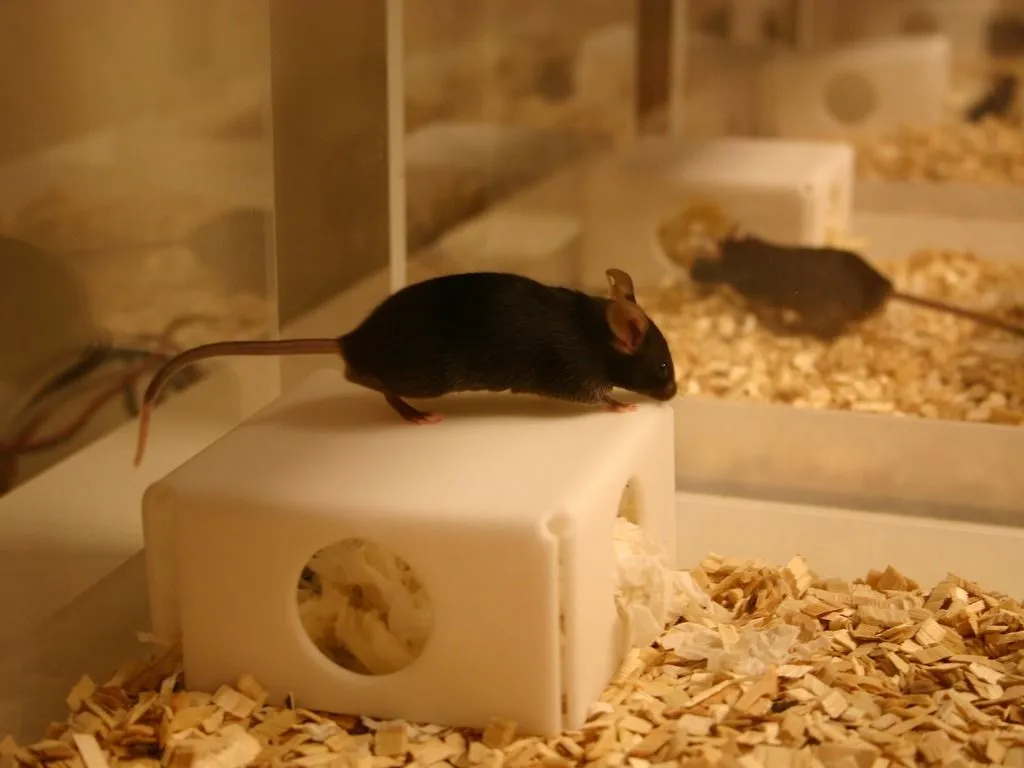
Circadian rhythm
Observing nocturnal rodents during both day and night
poses challenges, as continuous monitoring requires specialized equipment. Without it,
researchers might miss critical insights into the animals' natural activity patterns.
The PhenoTyper simplifies this process by automating continuous observations over several days.
With its IR translucent shelter, the system allows researchers to track rodents around the clock, ensuring
comprehensive data collection on circadian rhythms without gaps.
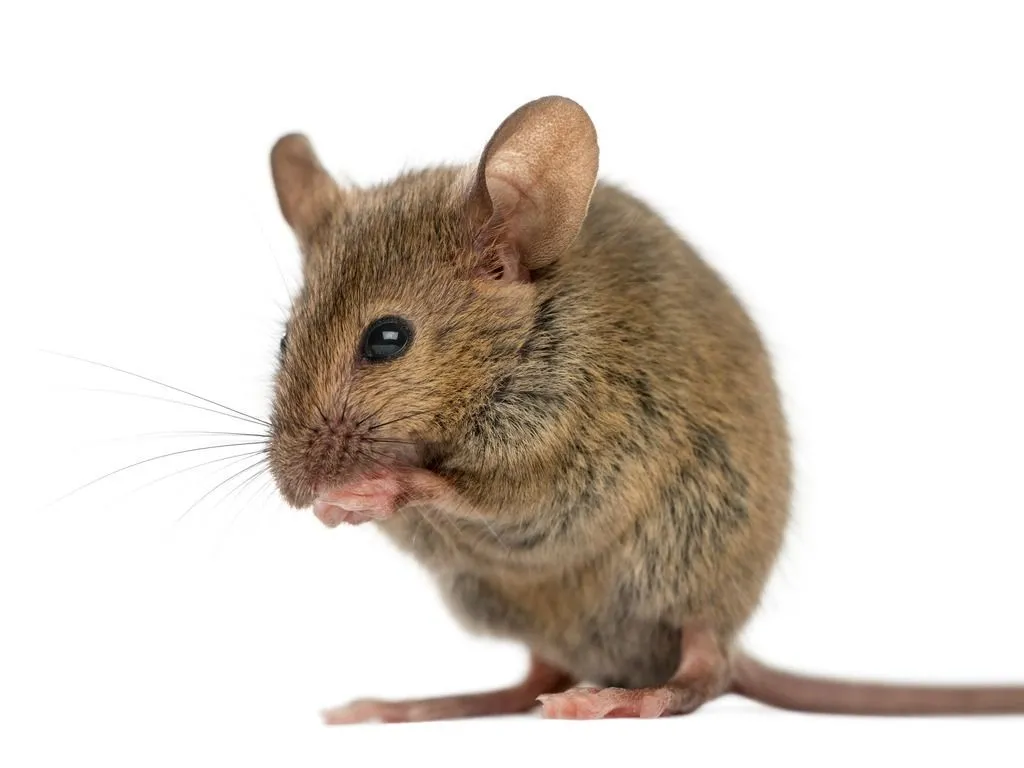
Natural behavior
Traditional behavioral tests often focus on specific
actions, overlooking a wider range of natural behaviors that could offer valuable
insights. Manual observation of these behaviors is time-consuming and susceptible to
human bias.
EthoVision XT, combined with the Behavior Recognition Module, automates the categorization
of behaviors like grooming and play. This technology streamlines long-term behavioral studies,
providing unbiased, detailed analysis that would be challenging to achieve manually.
Featured blog posts
The many uses of the PhenoTyper
With its new top unit, the PhenoTyper is even more versatile than before. Follow in the footsteps of those who have already added the PhenoTyper to their lab and learn all about its varied applications.
Determining the best housing strategy for mice
When using animal models for scientific research, their welfare should be a priority. Here, we're looking at the effects of different housing strategies for mice, and how PhenoTyper provides researchers with insight.
Air pollution and brain development, mouse behavior gives insight
Air pollution can have major detrimental effects on health. But, what happens to brain development if a mouse is only exposed in early life. Researchers from the University of Washington studied just that.
Are you looking for advice on your application?
Do you want to learn more about how to apply Noldus products to your
research, or do you need advice from our team of behavioral experts?
Noldus is here to assist you throughout the whole process.